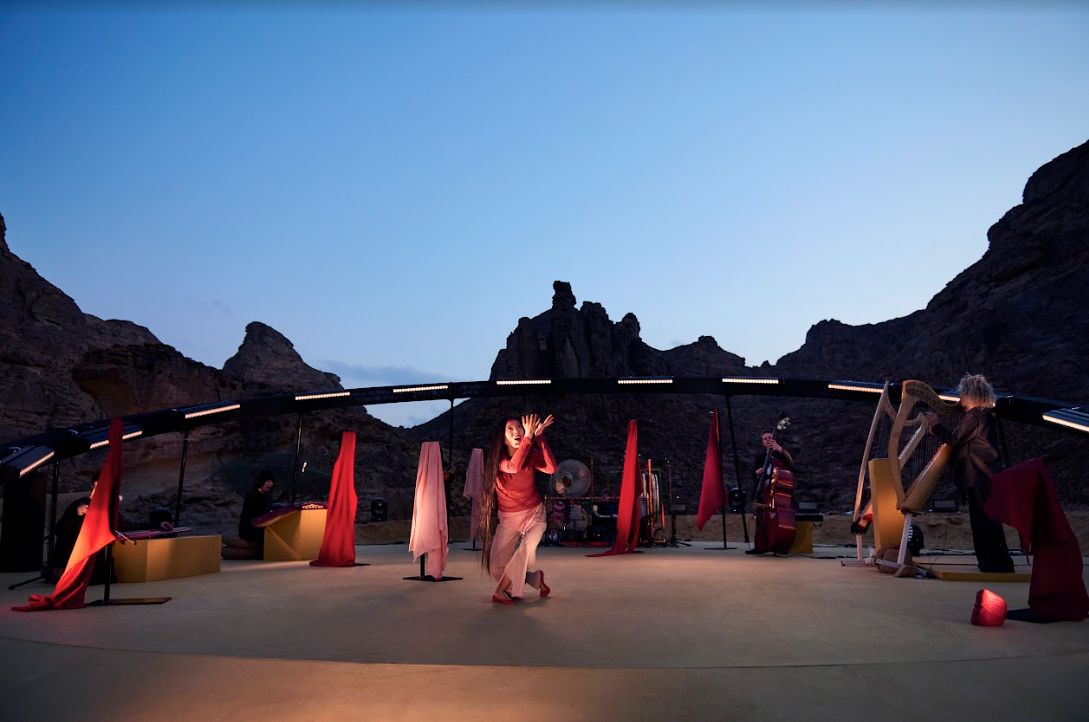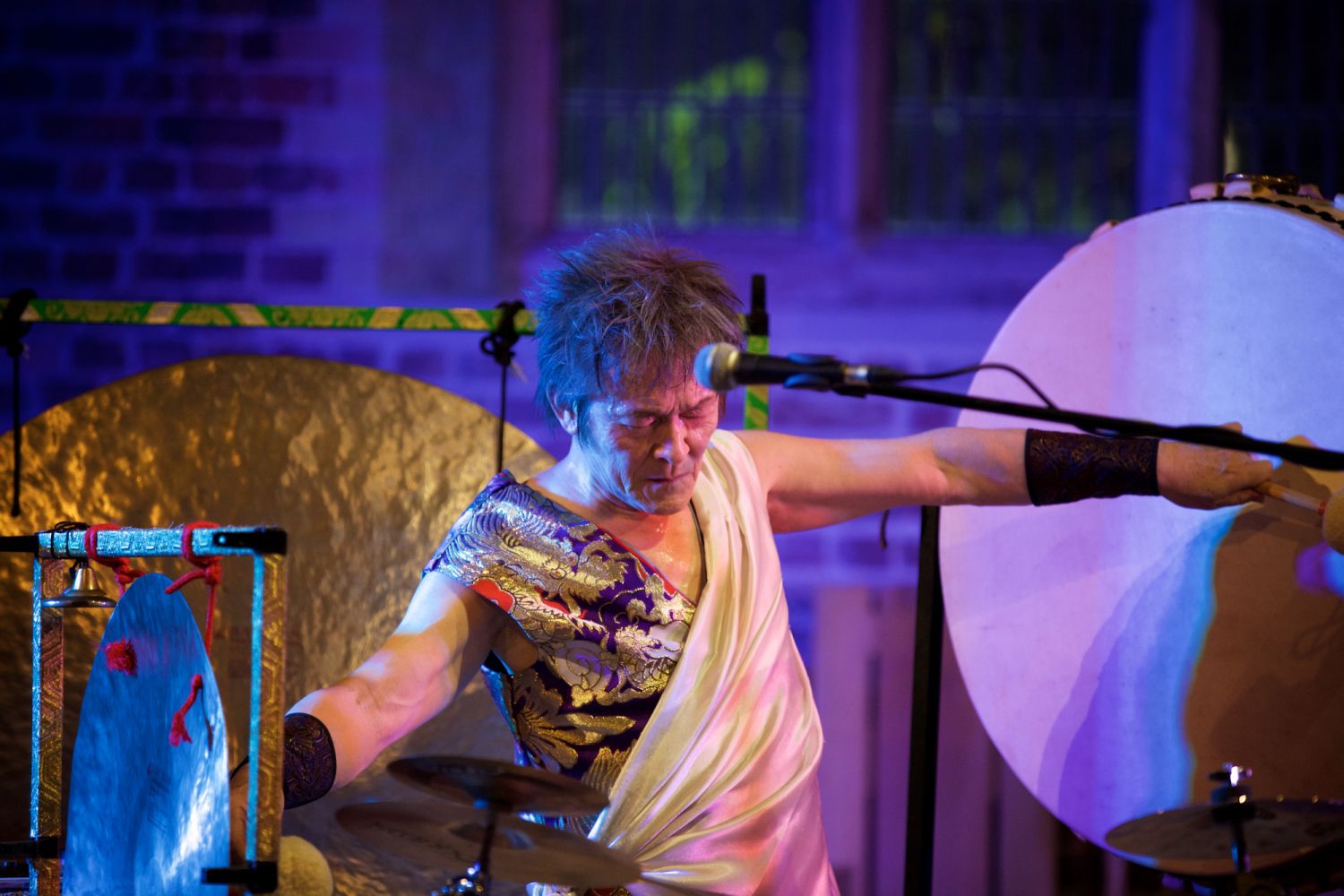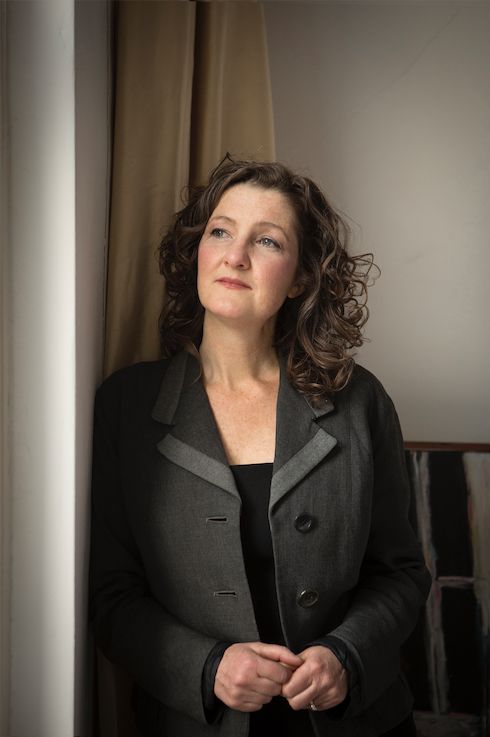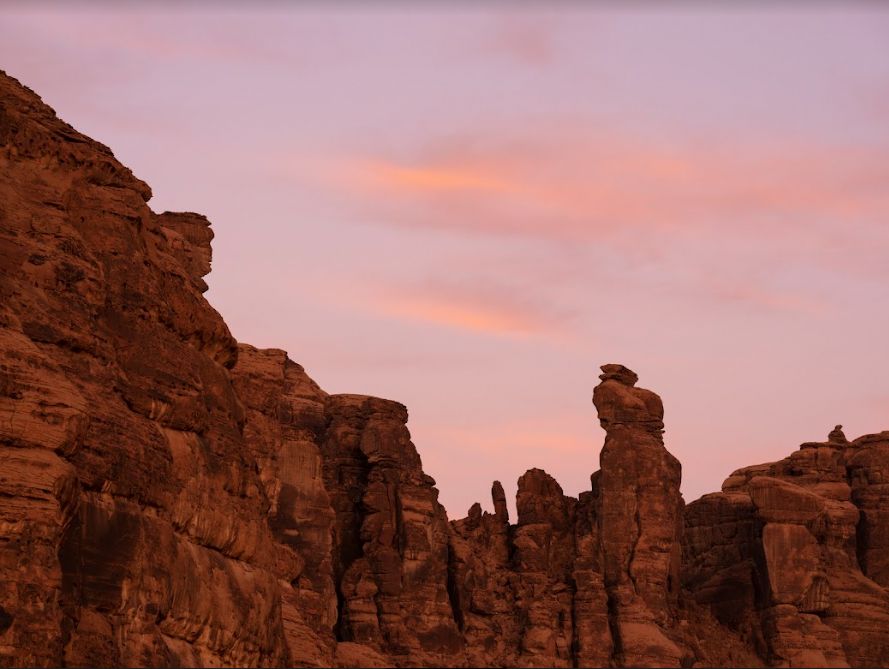Nine Songs, a concert by Chinese ethnic musician Rui Fu that debuted last month, bridges ancient Chinese and Saudi Arabian civilisations and the modern music scene
On a cold November night in AlUla, an ancient city in northwest Saudi Arabia known for its rich human and natural heritage, a soft, occasionally quivering and chilling voice creeps from the darkness. Against the backdrop of rocks and canyons dimly lit by red stage lights, a woman in a red robe walks to the centre stage. Her voice is almost a howling moan of desperation; her words resemble an ancient tongue. Then slowly, the ensemble that encircles her—a violin, a harp, taiko drums, a Chinese dulcimer and gupin—begins to join in and perform a concert of rich and harmonising music paying tribute to ancient rituals that celebrate human life.
The western and eastern, ancient and modern instruments and vocals would seem an unlikely combination. But it was exactly what Chinese musician Rui Fu wanted to achieve in Nine Songs, the two-night-only concert that debuted on November 25, 2022 in the Art in the Landscape pavilion in AlUla.
Read more: Banyan Tree Partners with Wonderfruit for the Ultimate Festival Glamping Experience
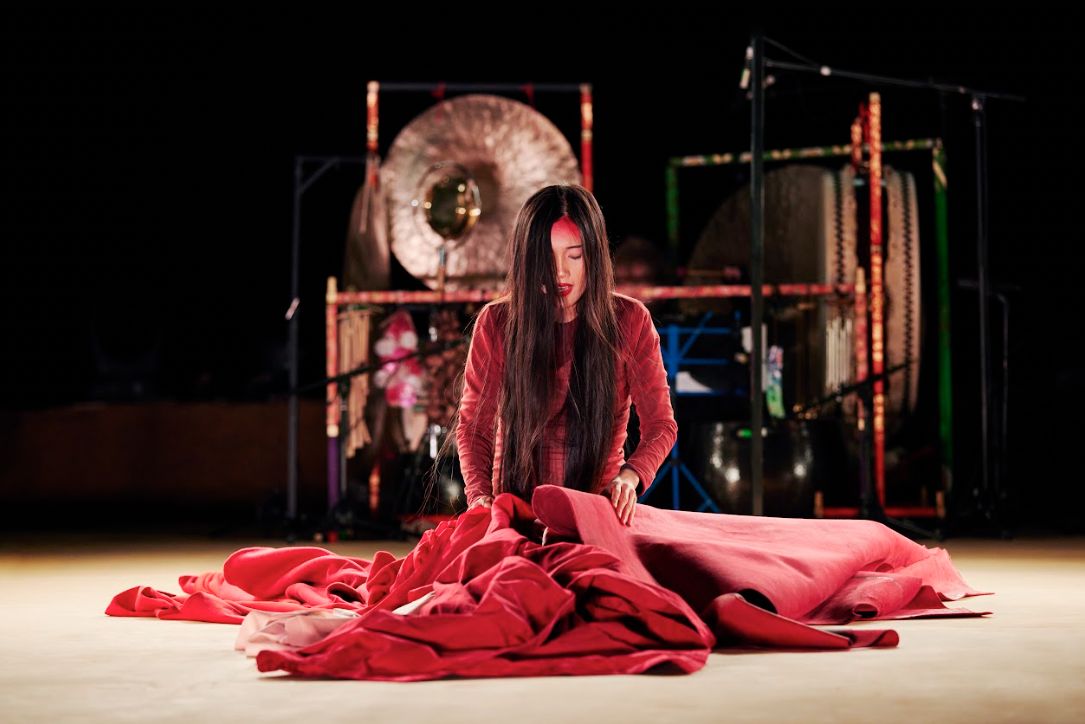
Commissioned by the Royal Commission for AlUla, the concert, for which Fu was the singer, co-artistic director and producer, was part of the opening programme of Wadi AlFann, a new, ambitious cultural initiative that features artworks by both international and Saudi artists to be installed in the desert canyons of AlUla, which spans 65 sq km. The first phase of this project is expected to be completed in 2024. It aims to rejuvenate the area, which used to be an ancient trading port, as a place of cross-cultural exchange that will act as a creative and educational space for locals, tourists and artists.
Nine Songs shares a similar agenda. The concert took inspiration from a 2,500-year-old set of ancient Chinese romantic poems from the Songs of Chu (also known as Nine Songs), an anthology about shamanism. Fu expanded on this idea, seeing Nine Songs as describing the stages of the human journey: birth, motherhood, desire, loss, death and so on. “We took to the contemporary theatre our interpretation of the human psyche as we grow through different stages of life,” Fu says.

